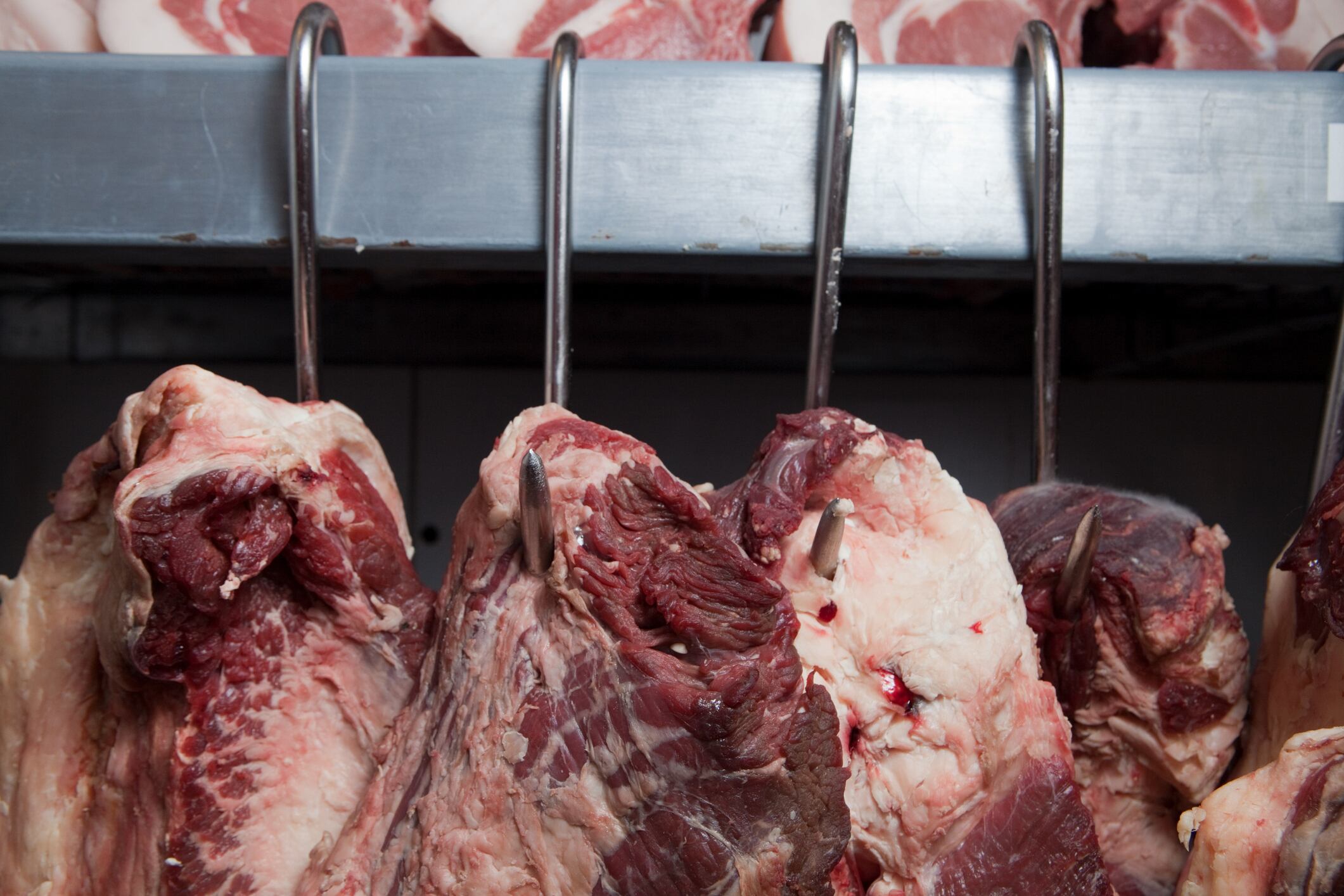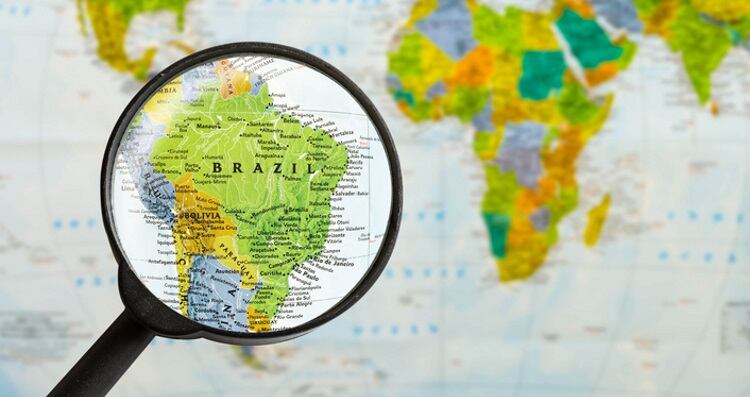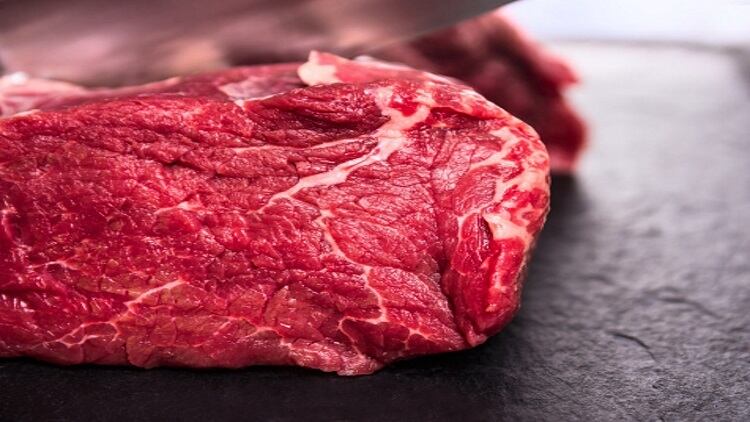“JBS’ decision to limit transparency comes at a time the meatpacking industry in Brazil is seeing closer scrutiny for its associations with increasing deforestation risks in the Amazon,” reports Chain Reaction Research, a sustainability risk analysis firm.
According to an investigation published earlier this month by Brazilian NGO O Eco Association, JBS no longer shares the data needed to determine whether it is purchasing cattle from protected or illegally deforested areas.
The report indicates that although the company’s Trust From Origin website previously provided the exact coordinates of its approximate 80,000 cattle ranches, the URL now redirects to a different site that only identifies the general area of the source of supply or fails to return search results.
JBS says that it maintains one of the largest private supplier monitoring systems in the world with satellite imagery of about 450,000 km2 and has a robust transparency policy regarding its supply chain.
“For more than a decade, the company has provided consumers with information on its website regarding the farms from where livestock are sourced in Brazil,” JBS told Foodnavigator-Latam. “Due to the privacy concerns of our producer partners, the company limited some of the information posted on its website, while continuing to provide the name of the farms.”
Deforestation
According to Chain Reaction Research, cattle farming is responsible for as much as 80% of deforestation in the Amazon forest, and satellite images confirm fires on farms known to supply JBS directly.
Fire activity statistics distributed by both NASA and Brazil’s Instituto Nacional de Pesquisas Espacials (INPE) evidenced record fire activity this summer, more consistent with land clearing than with regional drought. And, an overlay of NASA images and slaughterhouse locations within the JBS potential buying zone show that Colider (MT), Agua Boa (MT), and Araguaína (TO) received the most fire alerts in September.
In response to Reporter Brasil’s findings that JBS and other leading Brazilian meat producers bought from illegally deforested lands in the State of Para, JBS stated that it does not purchase animals from farms involved in deforestation or on lands embargoed by IBAMA, Brazil’s environmental agency.
In 2017, IBAMA suspended two JBS processing facilities for buying tens of thousands of cattle from embargoed and illegally deforested areas in an operation known as Carne Fria. That same year, Greenpeace withdrew from the 2009 Public Livestock Commitment reached with Brazil’s biggest meat producers - JBS, Minerva and Marfig -, an agreement intended to ensure a deforestation-free supply chain. The environmental agency claimed that the companies were not fulfilling their commitments.
“We saw that they failed to comply with what they had promised,” Adriana Charoux, the lead Greenpeace Amazon activist, told the New York Times. “They could have done much more. The slaughterhouses are making a minimal effort.”
Despite the fall out, JBS says that it maintains its commitments to the agreement’s purchasing criteria and provides all available farm data, including geo-referenced coordinates to DNV GL, a global quality assurance and certification company based in Norway.
Last year’s audit, published on the JBS website, verified 100 percent compliance in a sample 7,140 cattle purchase transactions but recognized that JBS and the industry in general do not yet have a system in place to verify indirect suppliers. This lack of traceability allegedly allows ranchers to “cattle wash” animals raised in illegal areas through legal farms.
Meanwhile, pro-industry policies at home and the expansion of markets in China and the Middle East continue to bolster demand in the increasingly profitable supply chain.




